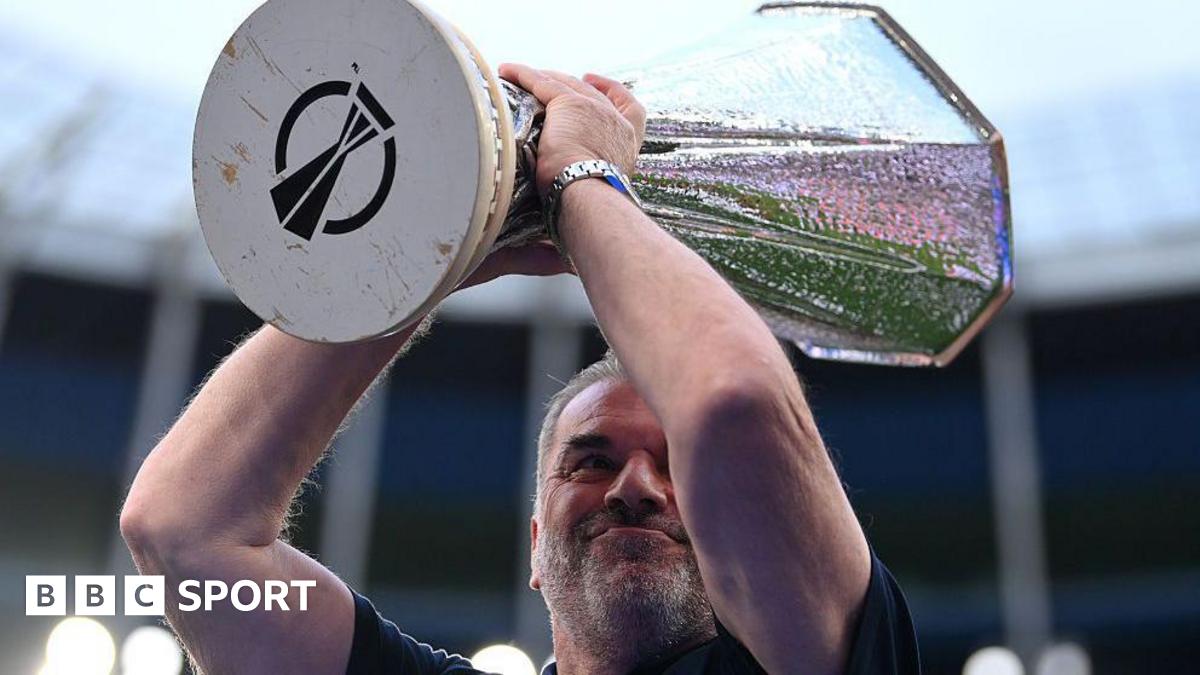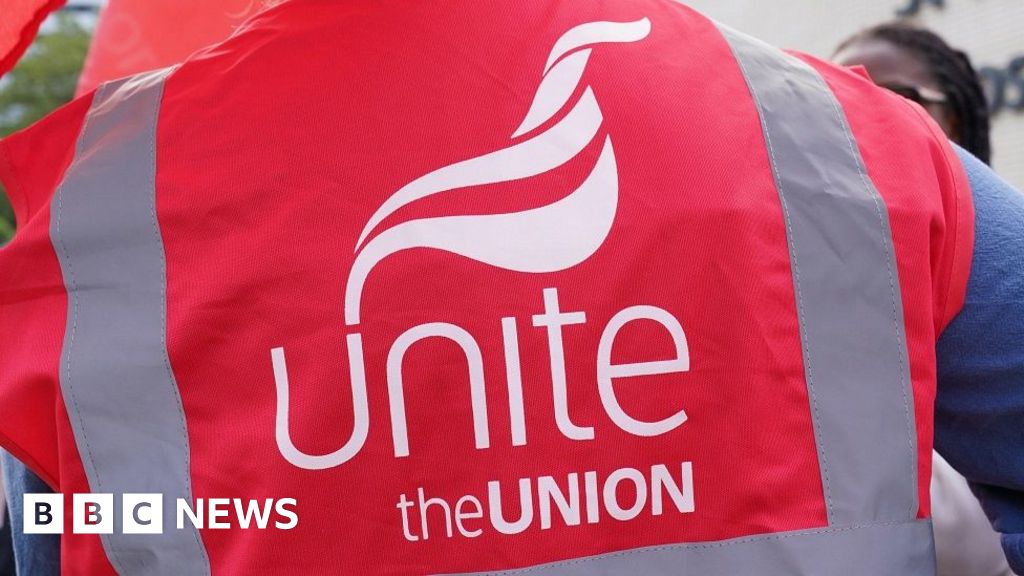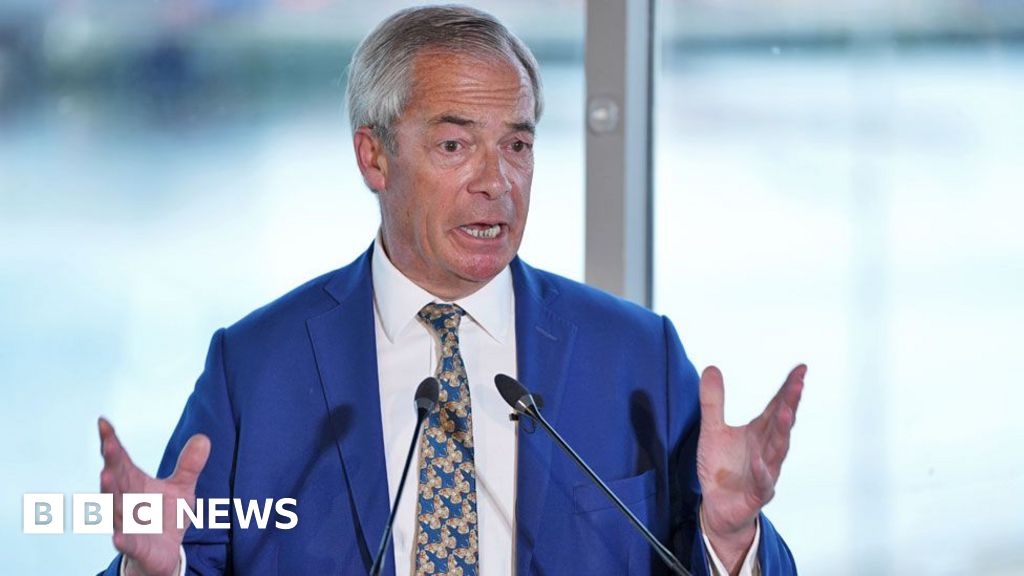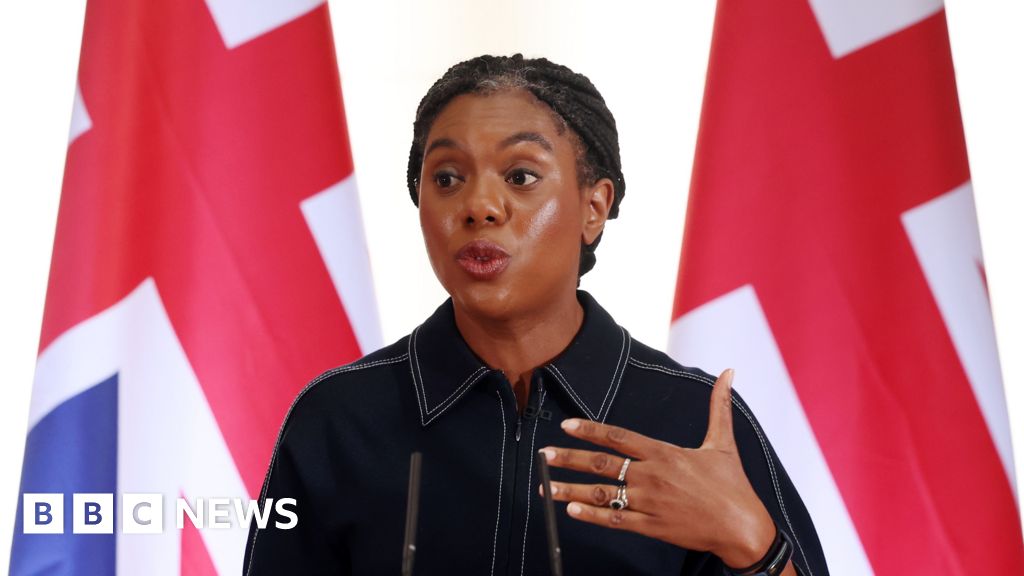Faarea Masud & Tom Espiner
BBC Business reporters

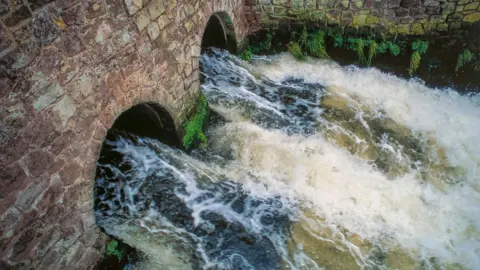 Getty Images
Getty Images
A number of water companies have been banned from paying "unfair" bonuses to senior executives under new rules, the government has announced.
The measures apply to water companies that do not meet environmental and consumer standards, are not financially resilient or have been convicted of a criminal offence.
There has been growing public concern about sewage spills and rising bills for years while water companies have paid out £112m in rewards to executives over the past decade.
Under the beefed-up Water Act, six firms are banned from paying bonuses this year including Anglian Water, Southern Water, Thames Water, United Utilities, Wessex Water and Yorkshire Water.
The ban, which is backdated to April 2024, means regulator Ofwat can force firms to claw back bonuses that have been paid or face enforcement action. It applies to share awards as well as cash.
It is part of new measures in the Water Act which comes into force on Friday.
Environment Secretary Steve Reed said that water company bosses "should only get bonuses if they've performed well, certainly not if they've failed to tackle water pollution".
Officials said the government would look into companies trying to get around the ban by raising executives' base salaries.
But Liberal Democrat Environment spokesperson Tim Farron called the government's announcement "half-baked".
He added that it "doesn't touch the sides in enacting fundamental reform - especially if water companies can still workaround bonuses and wriggle off the hook".
In the last year alone, £7.6m in bonuses were paid to water bosses in England the government said.
Water UK, which represents companies in the industry, said that firms' independent committees, which decide on performance-related pay, will abide by the laws set by government.
It added: "Water companies are focused on investing a record £104bn over the next five years to secure our water supplies, end sewage entering our rivers and seas and support economic growth."
This week, a review found that the water industry in England and Wales is failing.
The independent Water Commission, led by former Bank of England deputy governor Sir Jon Cunliffe, said in its interim findings that public trust had been shaken by "pollution, financial difficulties, mismanagement [and] infrastructure failures".
Customers have seen bills rocket as water firms try to raise funds to invest in crumbling infrastructure.
The commission said that the UK's water system has suffered "deep-rooted, systemic and interlocking failures over the years".
This included a "failure in government's strategy and planning for the future".
Last month, Thames Water was fined £122.7m for breaching rules over sewage spills and shareholder payouts, the largest ever fine issued by Ofwat.
The highly-indebted company serves about a quarter of the UK's population, mostly across London and parts of southern England, and employs 8,000 people.
Earlier this week, Thames suffered a major blow in an attempt to secure its future after US private equity giant KKR pulled out of a £4bn rescue deal for the company.
In April, campaigners found that the number pollution incidents in England was at a 10-year high.

 22 hours ago
10
22 hours ago
10




